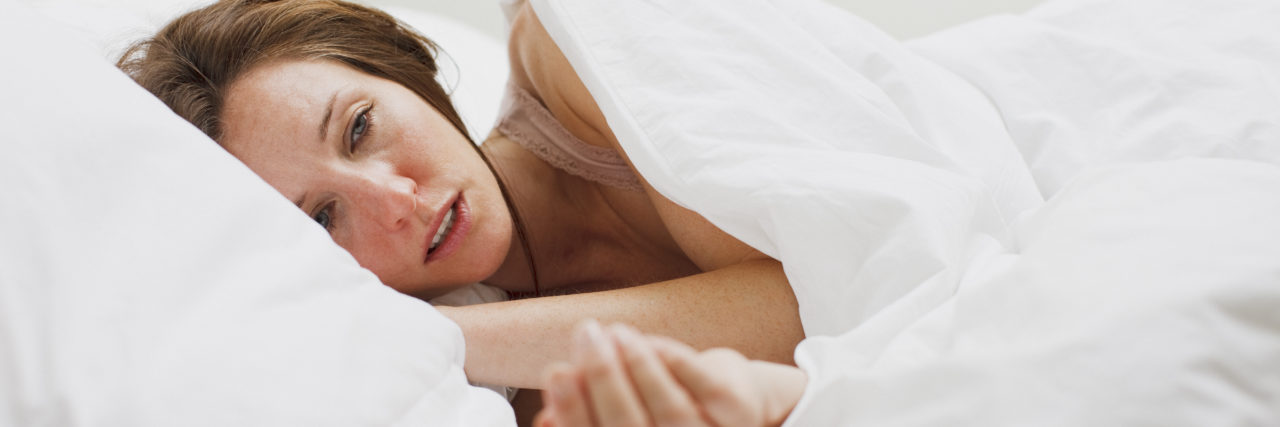Until November 2019, I had no idea what it felt like to wake up and not feel more tired than when you went to bed. In fact, I didn’t know I was supposed to feel refreshed. After 21 years, I finally got some relief after starting a new supplement and finishing my IV medication. I felt this weight lift off my body, and my mornings became much more manageable. This was also a mental win for me because until that time, I was constantly doubting myself.
I didn’t wake up one morning and suddenly get sick. We believe I’ve had Lyme since I was 10 years old, and so I grew up for another 10 years thinking that the intermittent stabbing pains across my body, headaches, anxiety and fatigue were just part of everyday life. After being diagnosed with Lyme in 2018, I was shocked when I looked at the symptom checklist. I kept turning to my mom and asking, “This isn’t normal?” This made it incredibly difficult to judge how medications and treatment protocols were working. I had no reference for feeling well to compare my current state. I didn’t know how much better I could get, I should get. To be honest, I’m still not quite sure. This led to me constantly doubting whether everyone was as tired as I was, and if I should stop doing treatment. When should I say this life is good enough?
The months of November and December of 2019 gave me the perspective I needed. I no longer woke up with crushing fatigue that crashed down the moment my eyelids flickered with the morning sun. My first thought was not how I needed to arrange my day to take a nap. It wasn’t how early I could go to bed that night. I no longer needed naps. I could function on a semi-normal level. It was bliss. And now it’s gone. It was almost like a tease. While I’m grateful for those times, I now know exactly the kind of life I’m missing. It seems every day with chronic illness brings another paradox in which my brain can get lost doing somersaults. And it’s exhausting.
So what do I mean when I say fatigue? How is it different from just being tired because you had a long day? When I’m tired, I still feel light. I still feel as if lifting my arm to grab my phone won’t require effort. Fatigue feels like each of my cells is carrying its own backpack of bricks. Mentally, my brain has no extra energy to come up with something to add during a conversation, and I just want to sit down. All the time. Being fatigued means constantly modifying your environment for a place to sit. Can I push through? Most of the time, but that just means my fatigue will be the only thing consuming my headspace. Usually, this leads to a weekend where I crash. That’s when you won’t find me outside my room much for 48 hours. But I can tell you that I don’t feel any better when Monday morning rolls around.
In addition to the fatigue that is central to my illnesses, the extra research, medication sorting, doctors’ appointments, and general mental energy required to fight adds to my exhaustion. That is a full-time job in and of itself. Don’t let anyone tell you differently. If you can relate to some of these feelings, know that just getting out of bed in the morning and doing what you need to survive to the next day is enough. In fact, it’s more than enough. I still need to remind myself of that sometimes.
One thing I try to think about is making a list of things that I’ve accomplished that day. On my worst days, it may not be a list that others would be proud of, but showering, eating three meals, changing my clothes, and trying to do some work is sometimes an accomplishment for me. Viewing those things as valuable because of the energy I know it takes to complete them helps me stay more positive. Give it a try sometime!
This story originally appeared on Maddy Meets Lyme.
Getty image by Martin Barraud.

